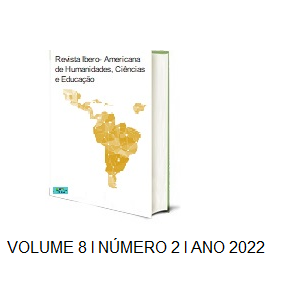GESTÃO DAS UNIDADES PRISIONAIS: O DESAFIO DE PUNIR, REEDUCAR E RESSOCIALIZAR
DOI:
https://doi.org/10.51891/rease.v8i2.4185Palabras clave:
Gestão. Reeducar. Ressocializar. Desafio.Resumen
As unidades prisionais brasileiras se encontram em sua maioria em situação degradante, sem nenhum tipo de preocupação com os direitos humanos e a oferta de um local adequado para a restauração do detento, onde a função se resumo somente a punir, sem uma estratégia de médio a longo prazo. Esse cenário não condiz com as verdadeiras funções do sistema prisional, que além de punir e tirar o infrator do convívio social por determinado período, tem a função de ofertar meios para a reeducação do detento, para que após o cumprimento de sua sentença, não volte a cometer delitos e se reintegre a sociedade de modo correto. A partir dessas premissas, o estudo tem como objetivo analisar os desafios da gestão de uma unidade prisional, que mesmo com toda a ausência de estrutura, deve zelar pelo cumprimento da lei, objetivando não somente a punição, mas também a reeducação e a futura ressocialização do condenado. O estudo se justifica, a partir da visão de que exista enraizada em parte da população brasileira, a ideia de que a prisão serve apenas para punir, sendo este um raciocínio raso, visto que não mostra uma boa estratégia a médio e longo prazo, já que não contribui para a diminuição dos índices de reincidência, além disso, não se encontra em conformidade com os preceitos constitucionais que asseguram os direitos humanos a todos os cidadãos. Com o estudo, se pretende colaborar com a desconstrução desse tipo de visão. Para atingir os objetivos propostos, a pesquisa será embasada por uma revisão de literatura, de caráter qualitativo, com estudos que tiveram como foco discorrer sobre termos e questões supracitadas.
Descargas
Descargas
Publicado
Cómo citar
Número
Sección
Categorías
Licencia
Atribuição CC BY

